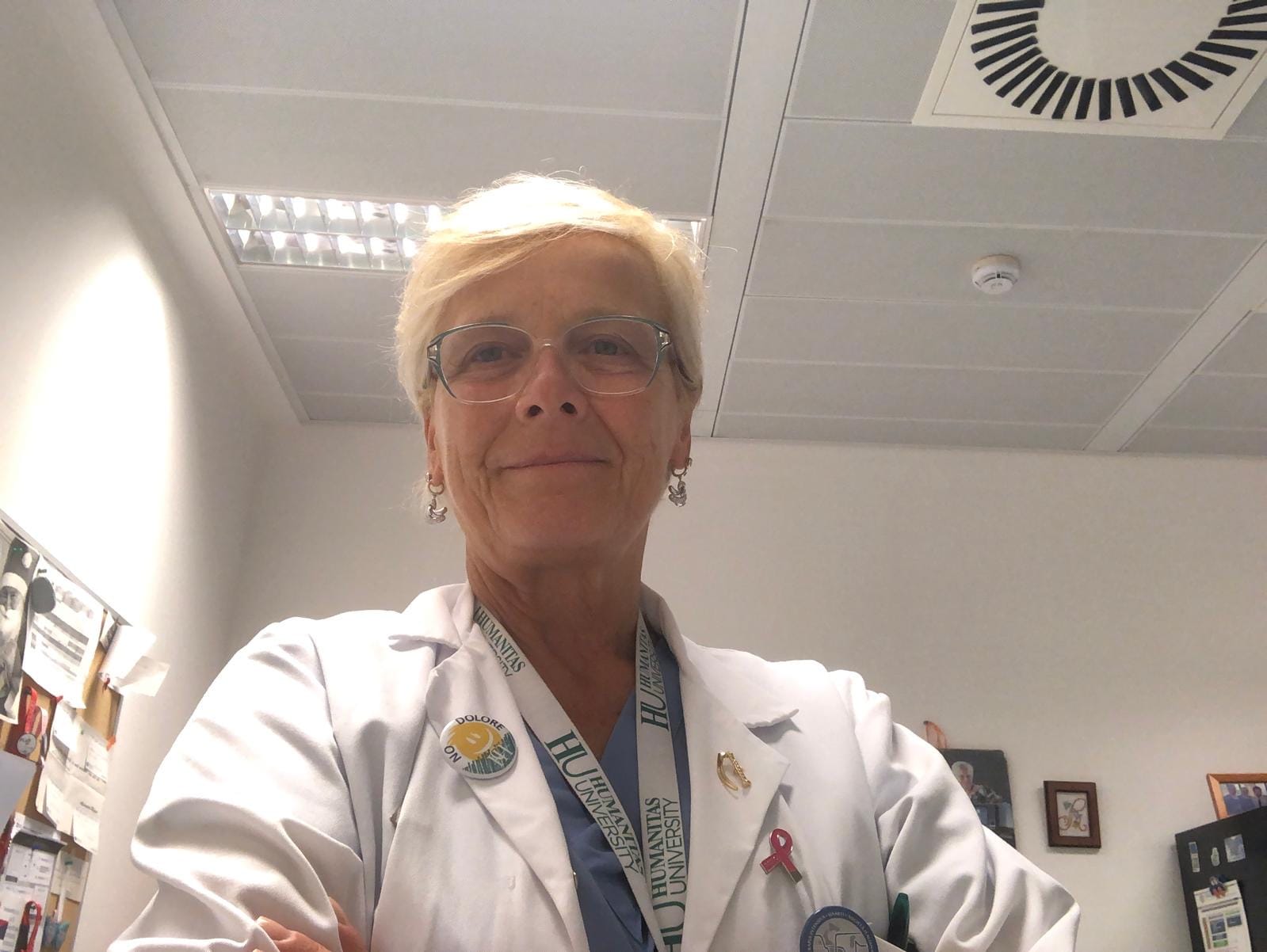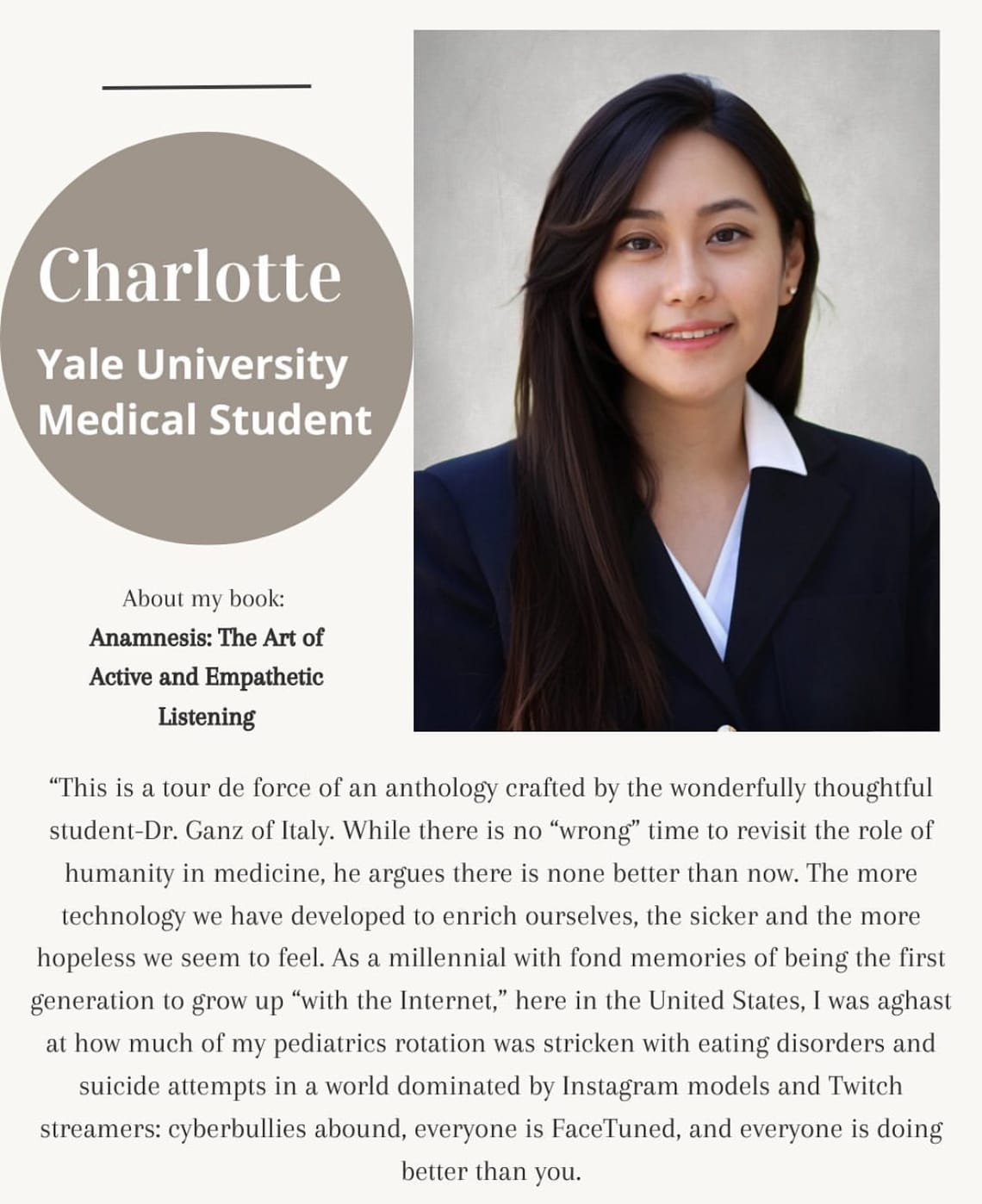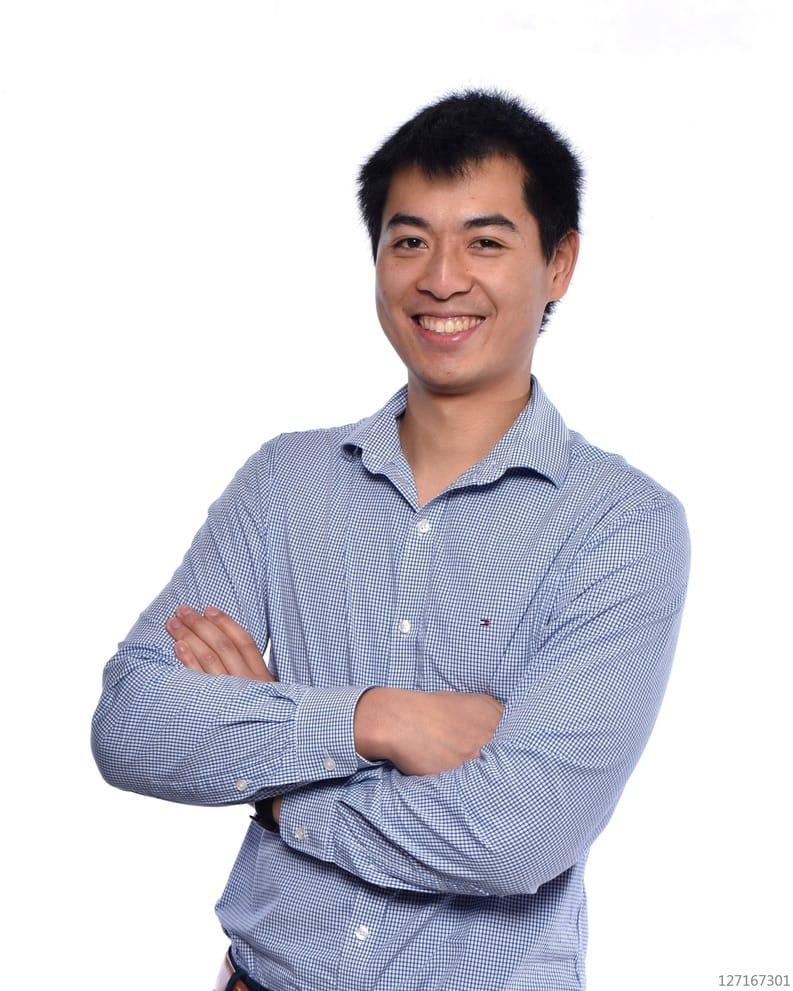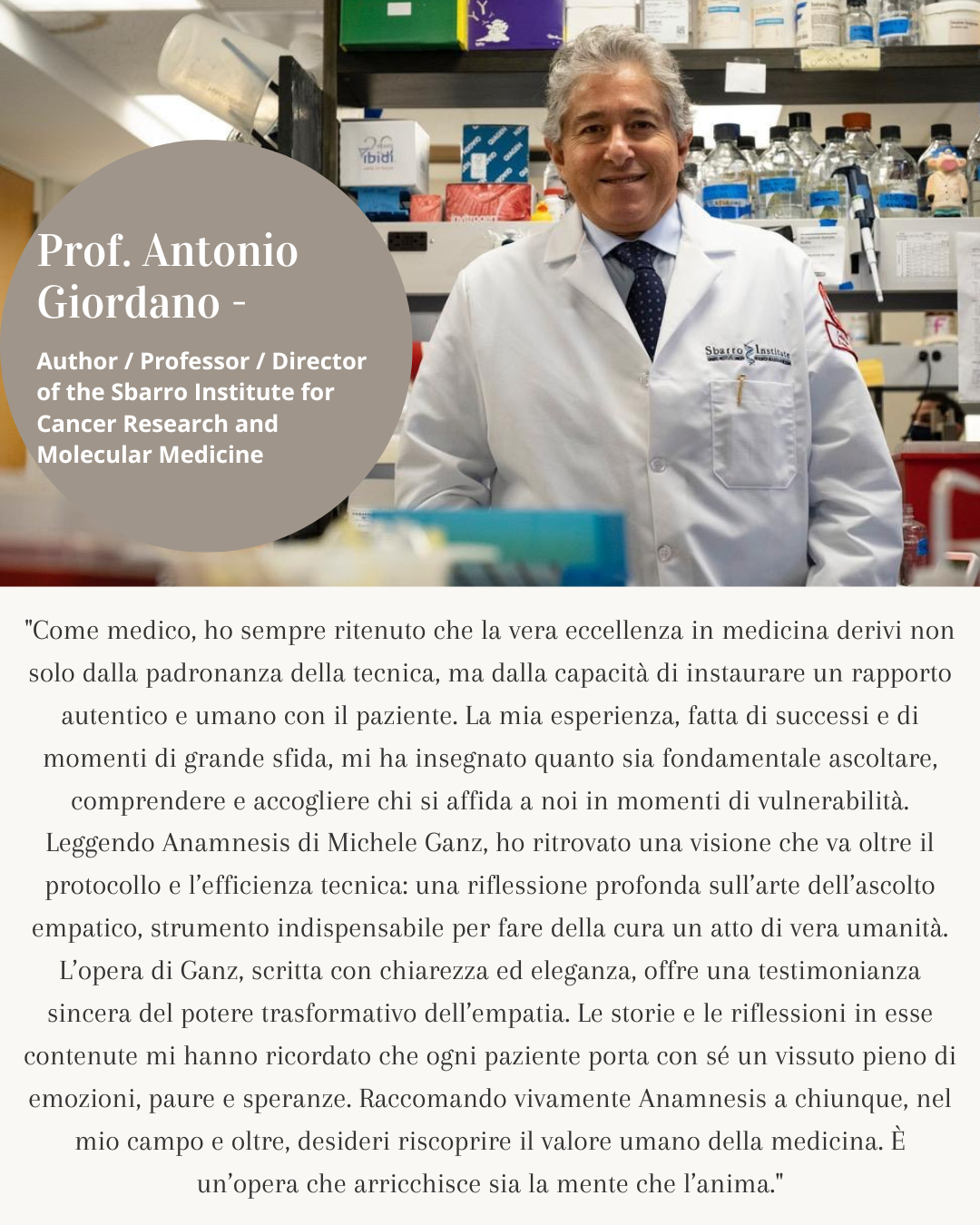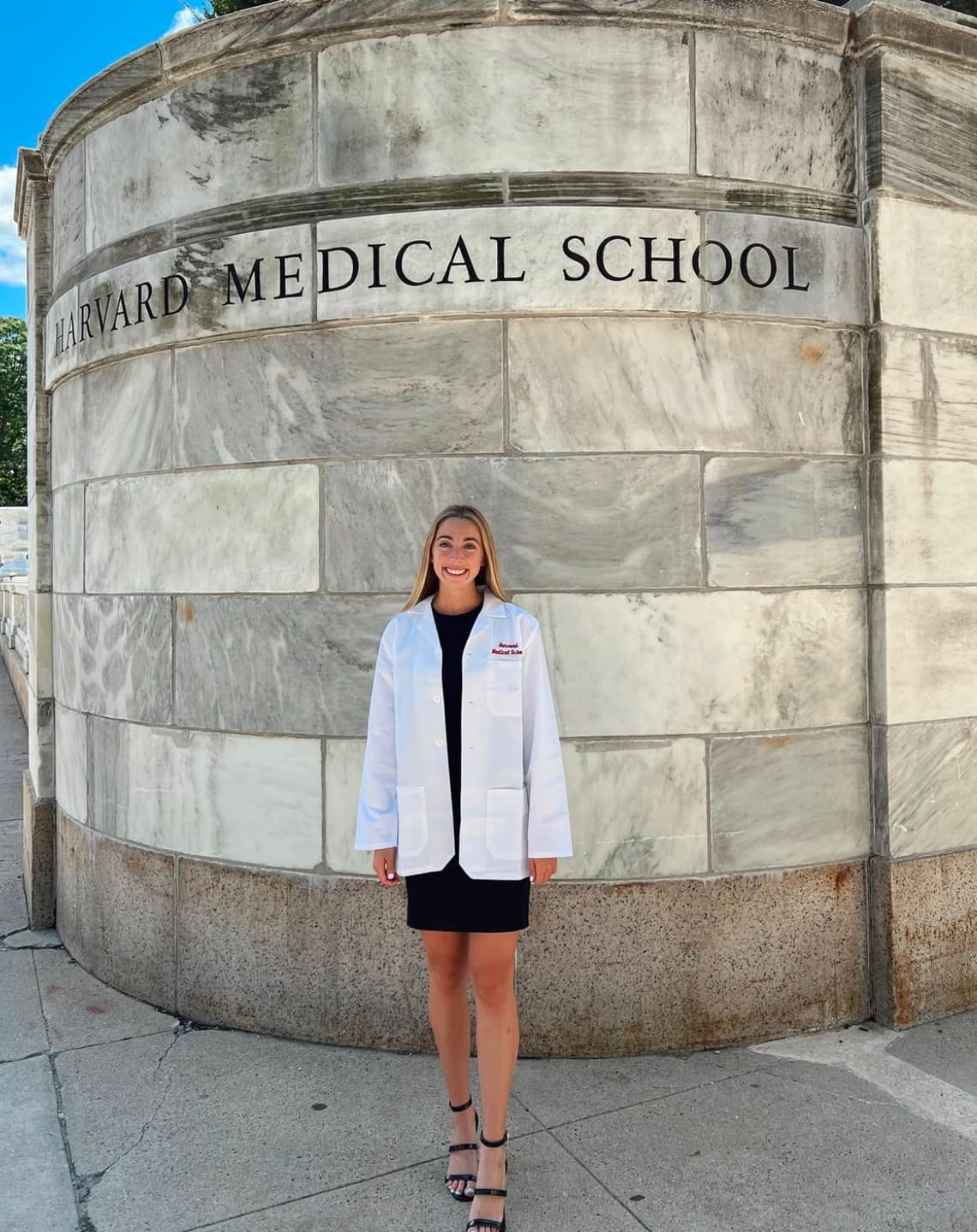Chief Surgical Day Hospital Anesthesia and Intensive Care at Humanitas Research Hospital
Adjunct Professor Open Faculty – Humanitas University
Member Forum 1 General Anaesthesiology and Perioperative Medicine – ESAIC
Rozzano, Italy
"A Lifelong Commitment to Medicine and the Human Connection"
I consider myself very fortunate. I was six years old when I decided that I would become a doctor, and I never changed my mind about this profession. During high school, I also matured my decision about the specialty I wanted to pursue. I wanted to feel useful and, most importantly, desired to help others, to help those suffering by finding a solution to their illness. My specialty, anesthesia and intensive care and pain management, met these needs well. A patient comes to the hospital because they have a problem, and we solve it in useful ways and times, so surgery and anesthesia and intensive care were a perfect combination. Furthermore, my specialty is internal medicine applied to the surgical world: I thought, this field is perfect! It allows me to have a holistic understanding of how our human body works and behaves, applied to a world that can, alas not always, find the best and quickest solution to the patient's problem.
Being a doctor does not only mean helping others but deciding to have a life philosophy oriented towards balance, harmony, the understanding of suffering and its management, death, and its acceptance.
I have been a patient as well as a doctor; I have been, as they say, on the other side. Sometimes I appreciated my colleagues' behavior, other times I did not share it and suffered because of it. When my brother died in a car accident at 24, my father had to perform the so-called identification of the body, communicate the news to my husband, and ask him to tell me because he also had to face my mother. I no longer wanted to enter the intensive care unit; I just wanted to do anesthesia. But my chief at the time told me he would give me a week to process the grief, and then I would resume shifts in the ICU. At that moment, I hated him, but when I realized that I would no longer be a rushed intensivist and would dedicate the right time to communication and sharing with relatives, I changed my mind and continue to thank him to this day for preventing me from missing the opportunity to improve, to try to be a better doctor, for myself and especially for the patients. I was lucky; I managed to do what I wanted and hope I did it decently. I continue to try to improve my way of caring for people because one never stops learning, and especially since every patient is different, the care must be personalized. So I still have a long way to go, more road than life, but each day brings a new patient, a new life story!
The human relationship is fundamental! If one is not inclined to sharing, friendship, and solidarity, it is better not to choose to be a doctor: listening and not just hearing, putting oneself in the patient's shoes, helps one grow and become better.
Unfortunately, in modern society, with influencers and all the advertisements emphasizing beauty and the necessity of being healthy (and not the right), they do not help develop the theme of prevention. Moreover, the decidedly high average age does not support the concept of safeguarding the individual and life but leaves room for a somewhat skewed interpretation where young and beautiful (the concept of healthy is inherent in the young) is the model to pursue. Unfortunately, without analyzing that diseases also affect the young and beautiful, it is precisely for them that we must research, study, and experiment.
We tend to distance ourselves from everything that represents suffering and not want to know about it! The world of pain is very intricate and complex, and we are not yet ready to face it. Just as with the concept of death: we are all transient, and if we talked more about the meaning of this transition, we would also talk more about pain and unnecessary suffering. We would do more prevention and care! It is difficult to teach these concepts to young people, especially if they have not truly chosen to become doctors but only because they passed the entrance exam.
